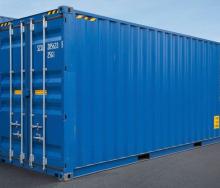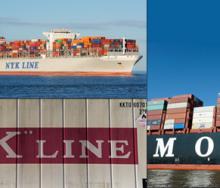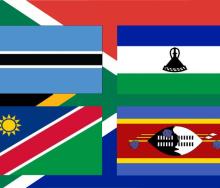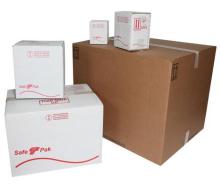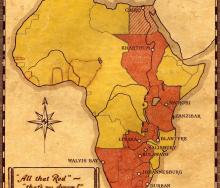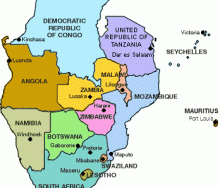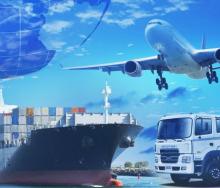South Africa's trade incentives are aimed at encouraging economic growth and development. South Africa is a member of the World Trade Organisation (WTO), and the Southern African Customs Union (Sacu), which allows free exchange of trade between South Africa and the other four countries – Botswana, Lesotho, Namibia and Swaziland.
Imports are controlled and administered by the International Trade Administration Commission of South Africa (Itac) and the South African Revenue Service (Sars).
International Trade Administration Commission
The International Trade Administration Commission of South Africa (Itac), a legislative body, aims to foster economic growth and development by administering international trade. Its core functions include customs tariff investigations; trade remedies; as well as import and export control.
Most goods may be imported into South Africa without restrictions. However, there are some – such as used or second hand goods – that are subject to import permits. For goods subject to restriction, importers must have the required permit before shipping.
The Itac is responsible for issuing permits. Sometimes authorisation may also be required from other departments with jurisdiction over the control of the goods in question, such as the Department of Agriculture. Permits are generally valid for 12 months.
See the Itac website for an up-to-date list of restricted good Website: www.itac.org.za
Trade agreements
South Africa is a member of the World Trade Organisation (WTO) and follows the Harmonised System of import classification, which means it uses the World Customs Organisation’s standardised system of code numbers for identifying products.
· See South Africa's WTO membership page
South Africa is a signatory to many agreements with its trading partners – among them the African Growth and Opportunity Act, and the Generalised System of Preferences. South Africa also has a free trade agreement with the European Union, the Southern African Development Community, Mozambique and Zimbabwe.
· See Trade Relations for the latest news
· The Sars website carries comprehensive details on South Africa's trade agreements
· More about trade with the EU can be found on the European Commission's South Africa profile page.
Southern African Customs Union
The Southern African Customs Union (Sacu) is a union among five southern African countries - Botswana, Lesotho, Namibia, South Africa and Swaziland. Established in 1901, it is the world's oldest customs union.
Member states form a single customs territory, and tariffs and other barriers are eliminated on the trade for products originating in these countries. A common external tariff applies to countries that are not members of Sacu.
Since 2008, a trade agreement has been in place between the Sacu and the European Free Trade Association, which comprises Iceland, Liechtenstein, Norway and Switzerland. This facilitates trade in industrial products, fish and other marine products, as well as processed agricultural products.
· Website: www.sacu.int
Customs and border management
The South African Revenue Service (Sars) oversees the flow of goods into South Africa. All goods (wares, articles, merchandise, animals, currency) entering the country must be declared on the prescribed bill of entry.
If you plan to import goods, you must register with the Commissioner of Sars as an importer.
Import tariffs are levied at the first point of entry in the South African Customs Union. Sasrs is also responsible for levying these duties, which include: customs duties (including additional ad valorem duties on certain luxury or non-essential items); anti-dumping and countervailing duties; and VAT (which is also collected on goods imported and cleared for home consumption).
Source: South Africa.info
